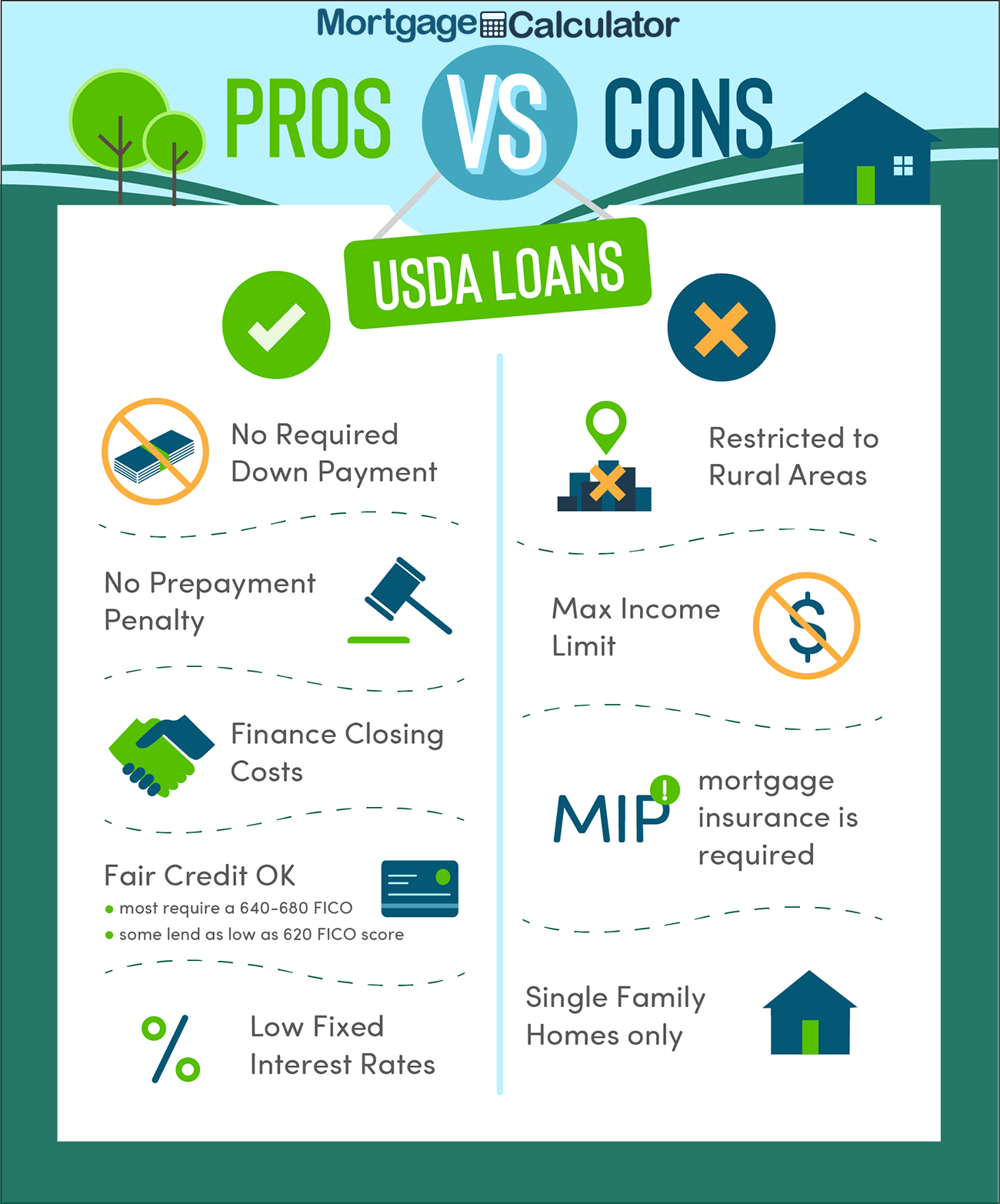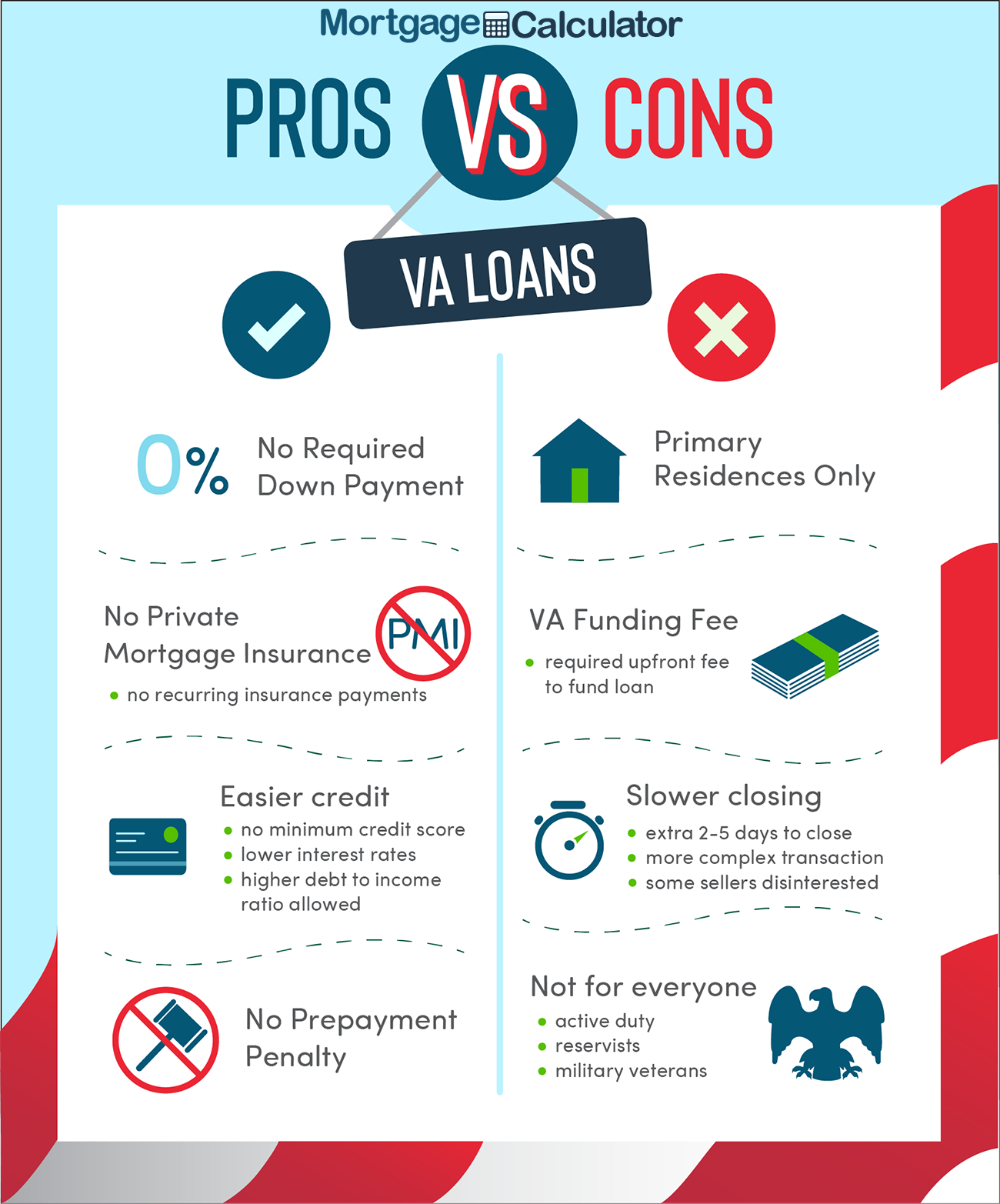In such conditions, expectations are for house prices to moderate, since credit will not be offered as generously as earlier, and "individuals are going to not have the ability to afford quite as much home, given greater interest rates." "There's an incorrect story here, which is that many of these loans went to lower-income folks.

The investor part of the story is underemphasized." Susan Wachter Wachter has actually blogged about that re-finance boom with Adam Levitin, a professor at Georgetown University Law Center, in a paper that discusses how the housing bubble took place. She remembered that after 2000, there was a big expansion in the cash supply, and interest rates fell dramatically, "triggering a [refinance] boom the likes of which we hadn't seen prior to." That phase continued beyond 2003 since "numerous players on Wall Street were sitting there with absolutely nothing to do." They found "a new sort of mortgage-backed security not one associated to re-finance, but one associated to broadening the home mortgage loaning box." They likewise discovered their next market: Borrowers who were not adequately qualified in terms of income levels and deposits on the homes they purchased along with investors who aspired to purchase - how is the compounding period on most mortgages calculated.
Instead, financiers who made the most of low home loan financing rates played a huge role in sustaining the housing bubble, she explained. "There's an incorrect narrative here, which is that the majority of these loans went to lower-income folks. That's not real. The investor part of the story is underemphasized, however it's real." The proof shows that it would be incorrect to explain the last crisis as a "low- and moderate-income occasion," said Wachter.
Those who might and wished to squander in the future in 2006 and 2007 [took part in it]" Those market conditions likewise drew in borrowers who got loans for their second and third houses. "These were not home-owners. These were investors." Wachter stated "some fraud" was also associated with those settings, particularly when people listed themselves as "owner/occupant" for the houses they funded, and not as investors.
School Lacks To Teach Us How Taxes Bills And Mortgages Work for Beginners
" If you're a financier strolling away, you have nothing at threat." Who bore the expense of that back then? "If rates are going down which they were, successfully and if down payment is nearing no, as a financier, you're making the cash on the benefit, and the drawback is not yours.
There are other undesirable impacts of such access to affordable money, as she and Pavlov kept in mind in their paper: "Property rates increase due to the fact that some debtors see their loaning restraint relaxed. If loans are underpriced, this result is magnified, due to the fact that then even formerly unconstrained debtors optimally choose to buy instead of lease." After the real estate bubble burst in 2008, the variety of foreclosed homes readily available for investors surged.
" Without that Wall Street step-up to purchase foreclosed homes and turn them from house ownership to renter-ship, we would have had a lot more down pressure on rates, a lot of more empty homes out there, costing lower and lower prices, resulting in a spiral-down which occurred in 2009 with no end in sight," said Wachter.
However in some ways it was crucial, due to the fact that it did put a floor under a spiral that xm cancel number was taking place." "An important lesson from the crisis is that simply due to the fact that somebody wants to make you a loan, it does not imply that you must accept it." Benjamin Keys Another frequently held understanding is that minority and low-income households bore the force of the fallout of the subprime lending crisis.
The What Are Interest Rates On Second Mortgages Diaries
" The reality that after the [Excellent] Economic crisis these were the households that were most hit is not proof that these were the homes that were most lent to, proportionally." A paper she wrote with coauthors Arthur Acolin, Xudong An and Raphael Bostic took a look at the boost in own a home throughout the years 2003 to 2007 by minorities.
" So the trope that this was [brought on by] providing to minority, low-income homes is simply check here not in the data." Wachter also set the record straight on another aspect of the marketplace that millennials choose to lease instead of to own their homes. Surveys have revealed that millennials strive to be homeowners.
" One of the major outcomes and understandably so of the Great Economic downturn is that credit report required for a home mortgage have actually increased by about 100 points," Wachter noted. "So if you're subprime today, you're not going to be able to get a home loan. And lots of, numerous millennials sadly are, in part due to the fact that they might have taken on trainee debt.
" So while deposits do not need to be large, there are actually tight barriers to gain access to and credit, in regards to credit ratings and having a consistent, documentable earnings." In terms of credit gain access to and danger, since the last crisis, "the pendulum has actually swung towards an extremely tight credit market." Chastened perhaps by the last crisis, more and more people today prefer to rent rather than own their home.
How Do Reverse Mortgages Work In Utah Fundamentals Explained
Homeownership rates are not as resilient as they were between 2011 and 2014, and regardless of a small uptick just recently, "we're still missing out on about 3 million homeowners who are renters." Those 3 million missing out on property owners are people who do not qualify for a home mortgage and have actually ended up being occupants, and subsequently are pressing up leas to unaffordable levels, Keys noted.
Rates are http://reiduoaw481.image-perth.org/the-smart-trick-of-what-lenders-give-mortgages-after-bankruptcy-that-nobody-is-discussing currently high in growth cities like New York, Washington and San Francisco, "where there is an inequality to start with of a hollowed-out middle class, [and between] low-income and high-income occupants." Homeowners of those cities deal with not just higher housing prices however likewise greater leas, which makes it harder for them to conserve and ultimately purchase their own home, she added.

It's simply far more challenging to end up being a house owner." Susan Wachter Although real estate prices have rebounded in general, even adjusted for inflation, they are not doing so in the markets where homes shed the most worth in the last crisis. "The return is not where the crisis was focused," Wachter stated, such as in "far-out residential areas like Riverside in California." Instead, the need and higher prices are "focused in cities where the jobs are." Even a decade after the crisis, the real estate markets in pockets of cities like Las Vegas, Fort Myers, Fla., and Modesto, Calif., "are still suffering," stated Keys.
Clearly, house rates would ease up if supply increased. "Home home builders are being squeezed on two sides," Wachter stated, referring to rising costs of land and building, and lower demand as those factors push up rates. As it happens, the majority of brand-new building and construction is of high-end homes, "and naturally so, because it's pricey to construct." What could assist break the pattern of rising real estate rates? "Unfortunately, [it would take] an economic crisis or a rise in rates of interest that perhaps results in an economic downturn, together with other elements," stated Wachter.
The Facts About What Percentage Of National Retail Mortgage Production Is Fha Insured Mortgages Uncovered
Regulative oversight on loaning practices is strong, and the non-traditional lending institutions that were active in the last boom are missing out on, but much depends on the future of regulation, according to Wachter. She specifically described pending reforms of the government-sponsored enterprises Fannie Mae and Freddie Mac which ensure mortgage-backed securities, or plans of housing loans.